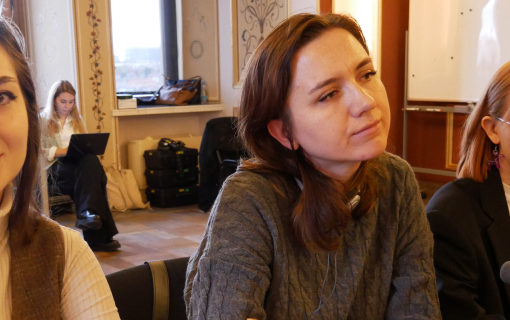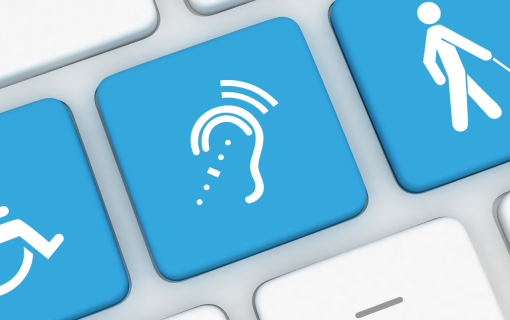Preventing Online Violence Against Women
Women’s equal and meaningful participation in all public spaces, including online, is essential to both democracy and inclusive civic discourse. However, women’s engagement online is threatened by harassment and abuse, limiting the quality, frequency and authenticity of their online participation or driving them offline entirely.
Nearly three quarters of women globally have experienced or witnessed online violence, and girls and young women are more likely to experience this abuse if they are advocates for gender equality. If we do not act to both prevent this violence and support survivors, the torrent of abuse could create a generational impact on women and girls, leading the next generation of women’s rights activists to disengage from online spaces entirely. It’s often not only the targets of the abuse that are affected by it; any woman who witnesses this happening to other women online might be less likely to participate, knowing that this is something that could happen to her.
Preventing online violence and supporting survivors of online violence is core to IFES’ mission: Together we build democracies that deliver for all. That requires partnership from both men and women and for both and men and women to understand that equal participation in the future of their country is their birthright and responsibility. For a decade, IFES has worked to develop breakthrough research, policy guidance and programming on online violence against women in politics, including:
- A social media analysis methodology to document instances of online abuse;
- Country-specific assessments of online violence against women in politics (in Zimbabwe, Ukraine, Bangladesh and Afghanistan);
- A review of approaches to counter gendered disinformation as part of a larger guidebook on combatting disinformation;
- And training on gender and online threats for civil society leaders and election officials in Iraq and Europe.
Most recently, IFES worked with its partners in the Consortium for Elections and Political Process Strengthening to develop new tools to document online violence against women in politics and design program approaches based on those findings. These tools include tested methods to gather both qualitative and quantitative data about women’s experiences with online violence, including a survey, focus group discussion guide, key informant interview guide and guidance on how to interview survivors of violence and trauma while safeguarding their wellbeing. As IFES works to break down barriers for women’s equal and meaningful participation around the world, these tools will be key to designing and implementing evidence-based programming to combat the fundamental threat of online violence.
Published on March 8, 2022.










